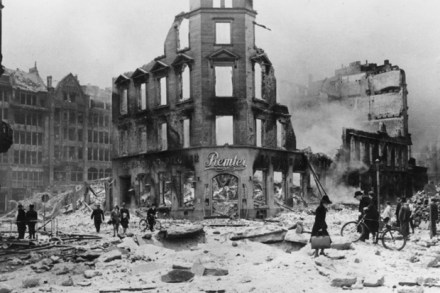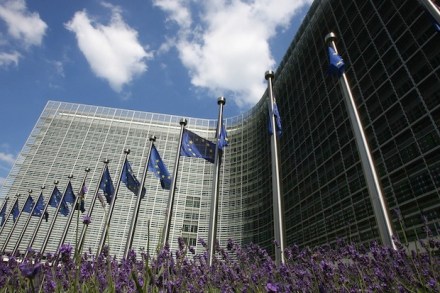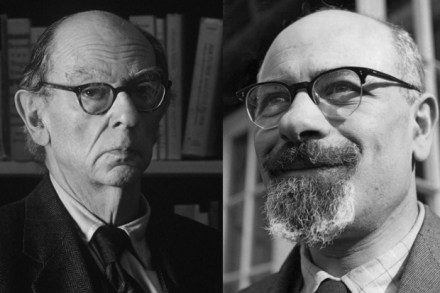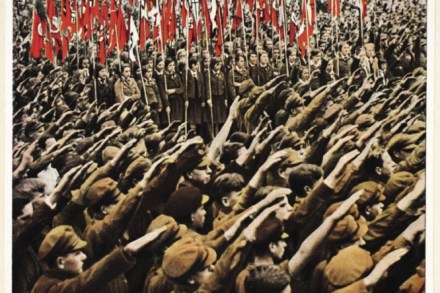Has Germany confronted its Nazi past? Not where art is concerned
From repentance to restitution, Germany has done an exemplary job of facing up to its Nazi past — with a little help, it might waspishly be said, from the victorious Allies. Every aspect of life, from education and philosophy, to science, politics, music and the law, was held up to the light early on and thoroughly cleansed. There has, though, been one puzzling exception; a place where shadows linger. That is the art world. The discovery, announced this week, of almost 1,400 paintings stashed away in a Munich apartment, lifts the curtain a fraction, but only a fraction, on this hidden realm. Indeed, the scale and the richness of the








